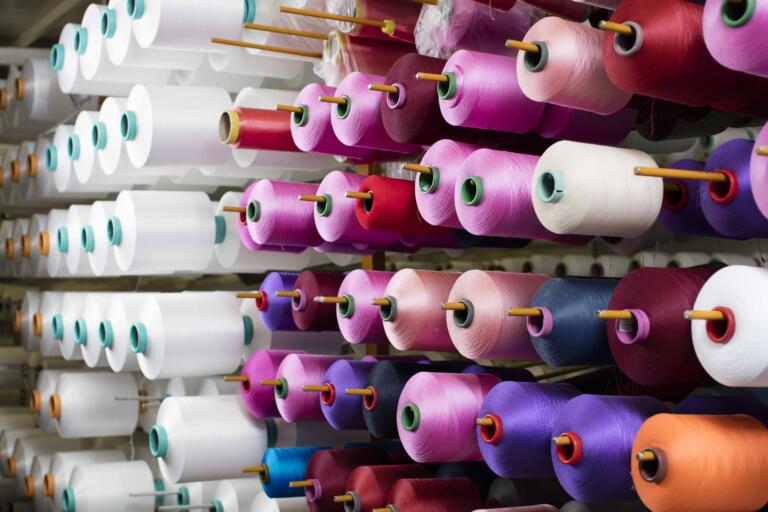
The most emphasized aspect of sustainability is supply chain management.
It includes Strategy and Planning, Buying, Production, Inventory/Stock Management, Warehouse Management, Delivery and Distribution, and Order Management. For a more sustainable production, we only work with suppliers who adhere to fundamental human rights and environmental standards, and we frequently audit these conditions.
The dependability of the supply chain and its global compatibility in economic, environmental, and social areas are crucial to the healthy formation of the total value that Penti offers to all of its stakeholders, in every way and in a healthy manner. It is very difficult to design and manage a supply chain. This is also the sustainability element, whose importance is emphasized the most by international organizations around the world.
As a reputable global apparel brand and manufacturer of women’s hosiery, we are committed to maintaining the highest environmental and ethical standards in our operations. Therefore, we expect our business partners to comply with all applicable laws, regulations, and rules and to accept and implement “Penti Code of Conduct.” We work with over a thousand suppliers, including our main suppliers and their sub-contractors, who produce to international standards through our supply chain network.
We determine our strategic and critical suppliers based on performance criteria such as quality, innovation power, research and development, product and service quality, capacity, risk level, compliance, and cooperation. We anticipate that our entire value chain, as well as our 11 strategic and 23 critical suppliers, will contribute to and meet our sustainability objectives.
As a prerequisite for doing business with us, our suppliers must pledge to respect fundamental human rights, environmental standards, and working conditions. We expect our suppliers to adhere to the Buying Ethical Rules, which is outlined in corporate documents and procedures and is an integral component of the Penti Code of Conduct.
We take the rules in Buying Procedure and approved supplier list while deciding the supplier we will work with. Within the framework of Ethics and Compliance Principles, when managing Penti’s supply chains, we demand that the supply chains adhere to the industry standards. In this context, we conduct audit programs. We conduct regular supplier audits and site visits.
At Penti Çorap Factory, in order to create a system and method for evaluating the suppliers periodically in terms of quality, sustainability, social compliance and performance and accordingly prepare an approved suppliers list which are able to give service at desired quality standards, we audit our suppliers.
We also define the minimum conditions that a supplier must comply with in the fields of sustainability and social compliance as Critical Points (Zero Tolerance). These points are the conditions that a supplier must comply with in order to enter the supplier list of Penti Çorap Factory and to remain as a supplier. Our supplier audits also include licensed waste disposal companies to which we deliver our waste. Since our wastes are destroyed and/or recycled within legal limits, the suitability of the working conditions of the employees of the companies is inspected with the audits we carry out to the relevant companies.
Companies that do not comply with zero tolerance issues can only be worked with after their critical nonconformities have been corrected. 18% of our yarn suppliers and 9% of our packaging material are of high importance. We follow Higg Fem memberships to monitor the environmental impact of our high-importance suppliers. At Penti Çorap Factory, the number of suppliers with Higg Facility Environment Module (Higg FEM) membership in 2019 was 0. This figure increased to 6 when we established our sustainability committee. In 2021, 19 of our suppliers made Higg FEM membership. We continue to follow the Higg FEM memberships of our high importance suppliers.
